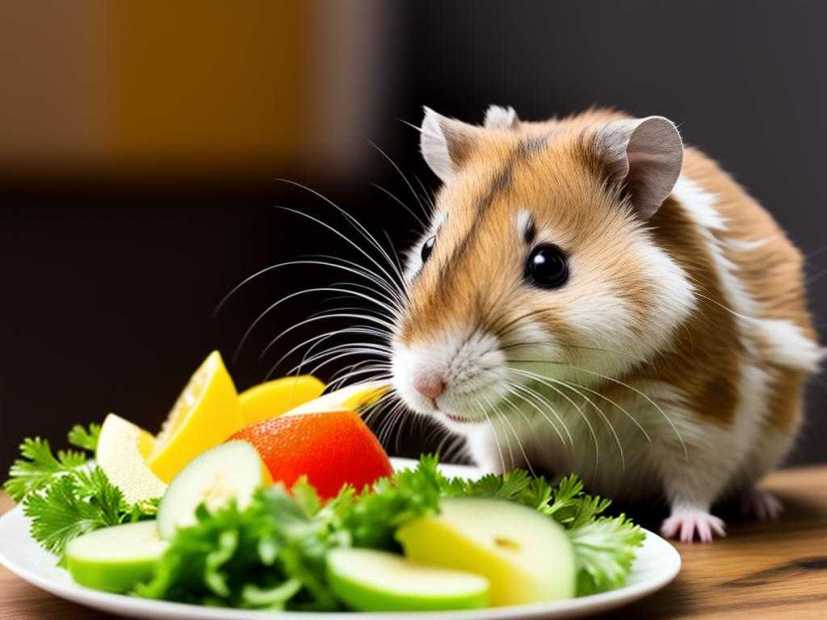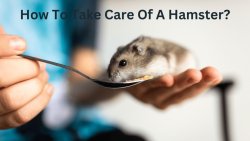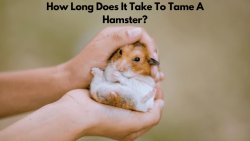The dietary habits of a pet play a significant role in determining their health status and overall well-being. Hence, deciding what to feed your pet hamster is a crucial task that demands attention and care. The most recent trend among pet owners is turning towards organic food, driven by an understanding of the benefits that these natural foods offer. But why consider organic food for hamsters? This discussion delves into the essence of organic hamster food, highlighting the various health advantages that such animal foods have compared to conventional types. Additionally, we explore different types of organic hamster food available in the market and guide you through transitioning your pet from non-organic to organic diets.
Why Go Organic for Hamster Food
The Importance of Organic Food for Hamsters
When it comes to feeding hamsters, an increasing number of people are choosing organic options for their tiny, fuzzy companions. The primary reason behind this shift is the desire to provide the healthiest and safest food for these pets. Organic hamster food is free from harmful chemicals and pesticides which are often found in conventionally grown feed ingredients. These artificial substances can be toxic for hamsters and may cause a range of health issues ranging from digestive disorders to allergies and even more serious conditions like cancer over time.
The Benefits of Organic Feed for Hamsters
Choosing organic food for your hamster is not just about playing it safe, it’s about providing them with superior nutrition. Organic feeds are typically packed with higher levels of essential nutrients like antioxidants, vitamins, and minerals because they come from ingredients grown in nutrient-rich soil, free from synthetic fertilizers and pesticides. Also, due to lower levels of processing, organic foods maintain more of their original nutritional value and flavor. By giving your hamster organic feed, you’re ensuring a balanced diet, rich in nutrients, promoting their overall health and vitality. Plus, the eco-friendly aspect of organic foods helps in preserving biodiversity and promoting a healthier planet for everyone, including future hamsters and humans.
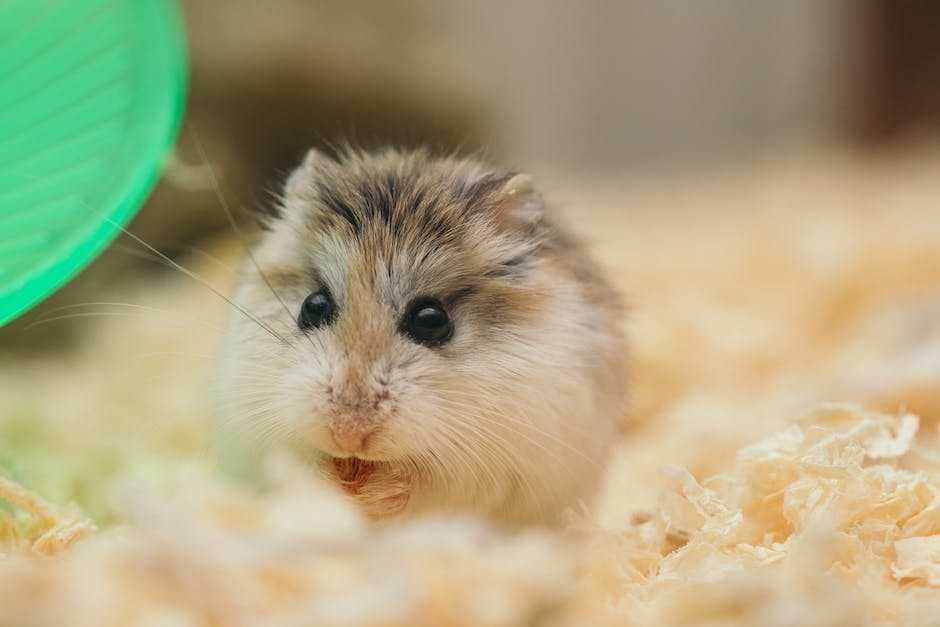
Types of Organic Hamster Food
Organic Seed Blends and Pellets: The Cornerstones of a Healthy Hamster Menu
A well-rounded hamster diet is often anchored in seed blends and pellets. Organic seed blends are perfect mixes of wholesome grains, seeds, and dried vegetables—all sourced naturally and chemical-free—to ensure a diverse nutrient profile. These blends offer hamsters a variety of choices, mirroring their natural foraging habits in the wild. On the other hand, organic pellets provide a more uniform nutrient balance, crafted to limit selective eating. Composed of organic cereals, vegetables, and Timothy hay, these pellets offer all the essential protein, fiber, vitamins, and minerals your hamster needs for a healthy life.
Organic Fruits and Vegetables: Essential Add-ons for Nutritional Boosts
Incorporating organic fruits and vegetables in your hamster’s diet can provide the vital vitamins and fibers that cannot otherwise be sufficiently supplied by a seed mix or pellet-based diet. Organic produce is grown without synthetic pesticides or synthetic fertilizers, reducing the risk of harmful chemical ingestion. Fruits like apples, pears, and peaches can be enjoyed by hamsters, whereas vegetables like cucumber, broccoli, and bell peppers can be beneficial too. However, remember to wash them thoroughly before feeding. Always introduce these foods into your hamster’s diet slowly and in moderation. Overfeeding can lead to upset stomachs or excess sugar intake.
Hamster nutrition involves a fine balance of seeds, pellets, fruits, and vegetables to ensure a comprehensive diet. It’s important, however, to understand that each hamster is an individual, and their dietary needs may vary. By closely observing your pet’s eating habits, weight, and overall health, you can adjust their feeding regime to best support their well-being.
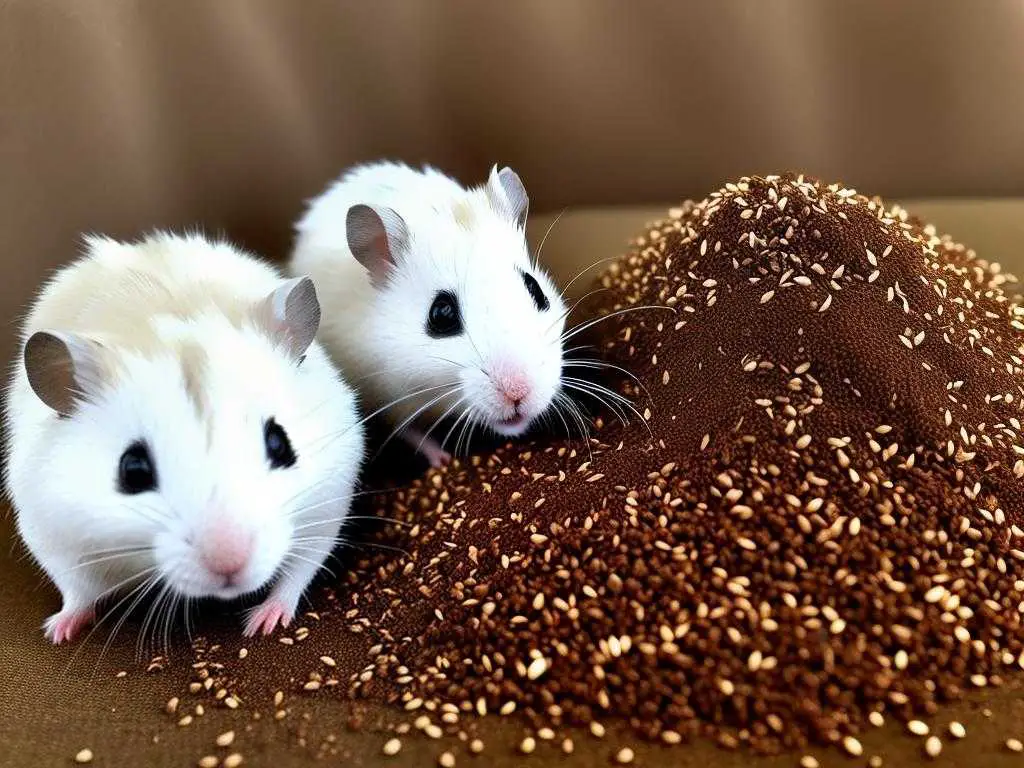
How to transition from non-organic to organic food
Transitioning to Organic Food: A Step by Step Process for Your Hamster’s Comfort and Health
Hamsters are creatures of routine and they appreciate gradual changes in their diet. If you’re considering transitioning your hamster from conventional to organic food, it’s advisable to do so slowly, over a one to two-week period. Start by introducing a small amount of organic food into their existing meals. Every few days, incrementally increase the proportion of organic food until it completely replaces the non-organic food. This method facilitates a smooth transition, minimizes potential digestive issues, and allows your hamster time to familiarize itself with the new food’s taste and texture.
Importance of Selection: Quality Nutrition Matters
While transitioning your hamster to an organic diet, it’s important to ensure the organic food you select is nutritionally balanced and complete. Just like non-organic hamster food, organic options need to provide a mixture of protein, vitamins, and essential nutrients. A good organic hamster food will contain a range of grains, vegetables, and possibly a protein source like mealworms or peas. Also remember to supplement their diet with small amounts of fresh organic fruits and vegetables for more nutrients and variety.
Helpful Tips: Making the Transition Easier
Help your hamster adjust to the change in diet by ensuring the organic food you choose is similar in form to their current non-organic food— whether it’s pellets, seeds, or a mix. If your hamster is selective in their eating habits, offering the new food at the time they usually eat might make them more willing to try it. Try to keep the food and water bowls in the same spot during this period; maintaining consistency in other aspects of their environment will help reduce the stress associated with the dietary change. Moreover, monitoring your hamster’s weight and health during the transition will ensure it is tolerating and benefiting from the switch to organic food.
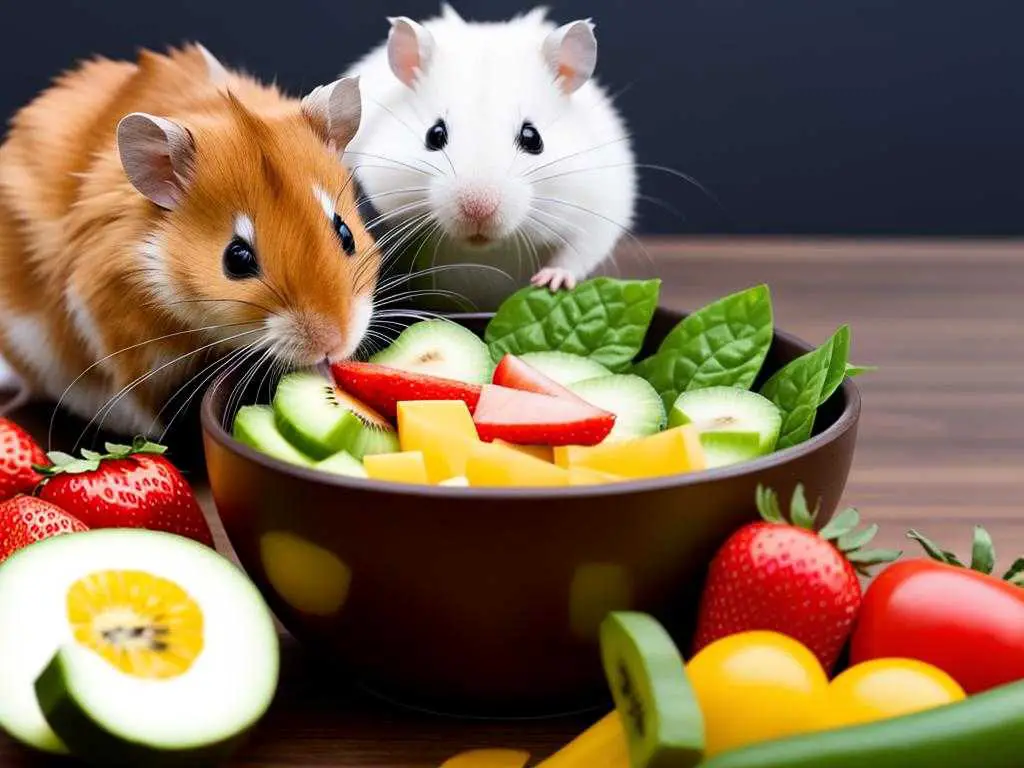
Switching to organic hamster food certainly brings numerous positive impacts on your pet’s health. As we’ve discussed, this type of food is free from harmful chemicals, additives and pesticides, reducing health risks and enhancing the overall well-being of your hamster. Whether you’re opting for organic seed mixes, pellets, or fruits and vegetables, each comes with its own set of nutritional benefits, contributing to a cleaner and more sustainable lifestyle for your pet. Transitioning may seem difficult at first, but with a calculated approach, and persistence, you can help your hamster adapt to a healthier, organic diet, ensuring it enjoys a happier, healthier life.
- Choosing the Best Organic Feed for Hamster | Feed Safe - July 25, 2023
